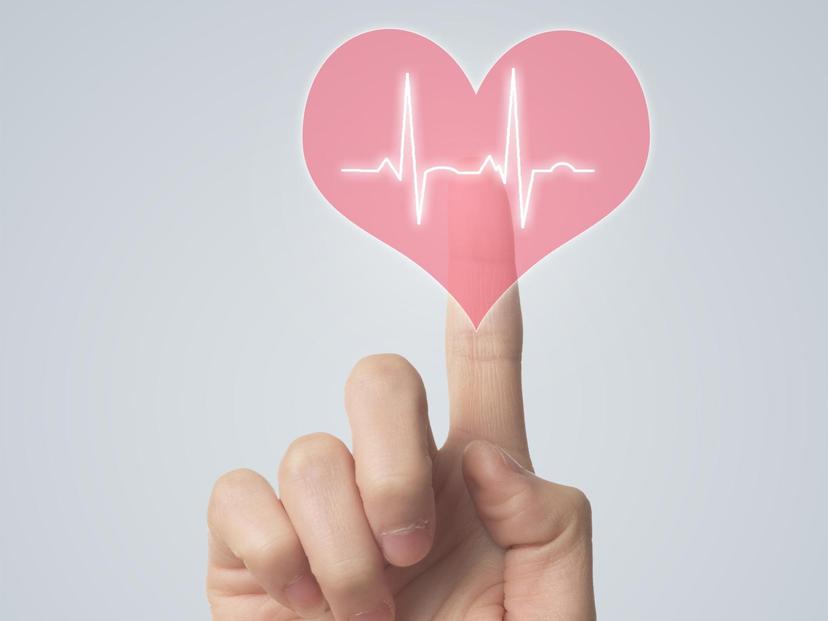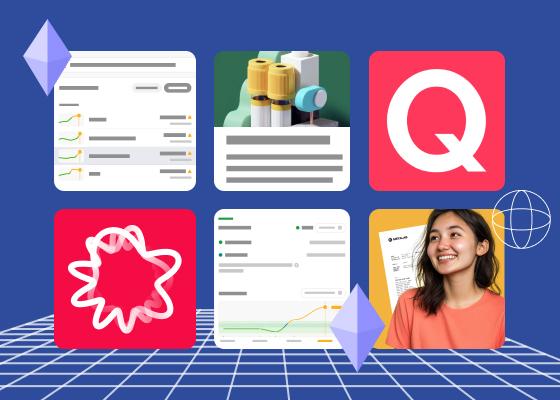15 августа 2022
Why Does My Nose Bleed?


15 августа 2022
Why Does My Nose Bleed?
## What causes nosebleeds?
The most common cause of nosebleeds is dry air. Dry air can be caused by a hot climate with low humidity or high indoor temperatures. This causes the nasal membrane to dry out, crust or crack. There is also an increased chance of bleeding from rubbing, picking, or blowing your nose.
Other common causes include the following:
- Colds (upper respiratory tract infections) and sinusitis, especially those accompanied by frequent sneezing, coughing and blowing your nose.
- High blood pressure.
- Trauma to the nose and/or face.
- Allergic and non-allergic rhinitis (inflammation of nasal mucosa).
- Blood-thinning medications (aspirin, non-steroidal anti-inflammatory drugs, warfarin and others).
- Chemical irritants, such as=== components of cleaning products, chemical fumes in the workplace, and other strong odors.
- High altitudes. The higher the elevation, the drier the air is and the less oxygen it contains.
- Warped nasal septum.
- Frequent use of nasal sprays and medications to treat a runny or stuffy nose. These medications include antihistamines and anti-inflammatory drugs that dry out the mucosa.
## How do you stop a nosebleed?
If you experience a nosebleed, follow these steps:
- Relax.
- Sit down and lean forward slightly. This will prevent blood from entering your throat.
- Squeeze your nose just above your nostrils for 10 to 15 minutes.
- Breathe through your mouth.
- You can also put an ice pack on the bridge of your nose to further constrict the blood vessels and reduce blood flow.
- After the bleeding has stopped, do not bend over, exert yourself, or lift anything heavy.
As a preventive measure, turn on the humidifier in the room and spray the inside of the nose with a special spray or physiological solution (salt water). If you do extreme or contact sports, wear protective sports equipment on your face.
## When should you consult a doctor?
Call an ambulance immediately if:
- The bleeding does not stop within 15 to 20 minutes.
- You are bleeding heavily and are losing a lot of blood.
- You have difficulty breathing.
- Your nose is bleeding as a result of a blow to the head or a serious injury.
- The bleeding has started in a child under 2 years of age.
If your nose bleeds frequently, you have symptoms of anemia (weakness, fainting, fatigue, chills, shortness of breath, pale skin), or have multiple bruises on your body, you should see a doctor for a checkup.













